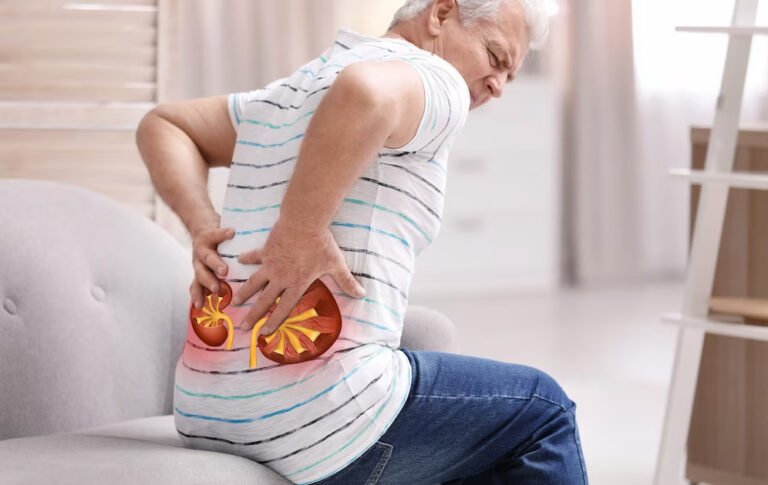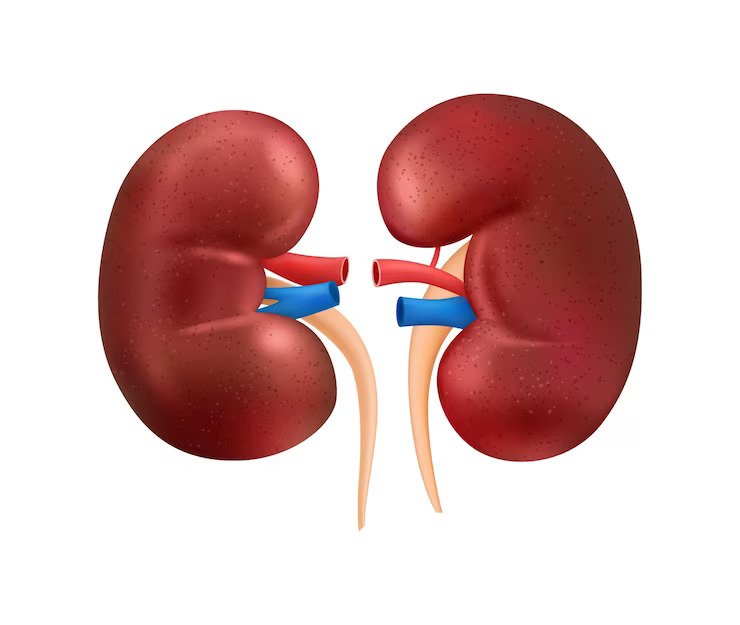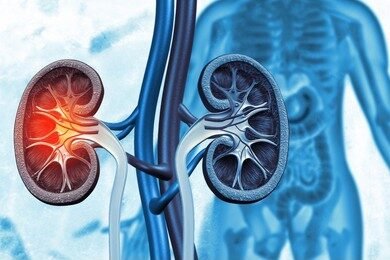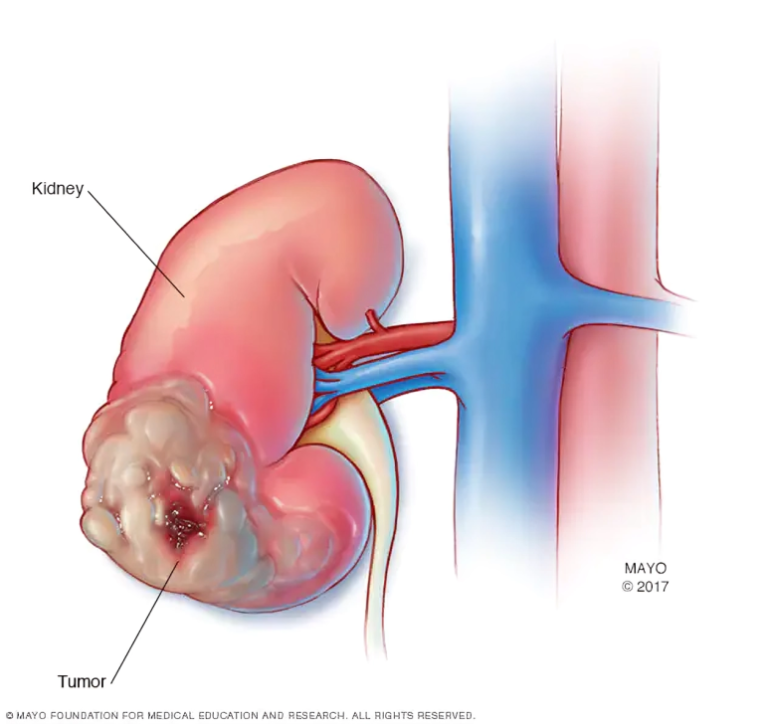Behind the Pain: Understanding the Causes of Bladder Stones.
Bladder stones, though less familiar than their kidney counterparts, can be a source of significant discomfort and disruption to daily life. These hardened mineral formations within the bladder can lead to a variety of symptoms, making it essential to unravel the underlying causes behind their development. In this article, we will delve into the factors that contribute to the formation of bladder stones, offering a clearer understanding of the origins of this urological condition.
To Know More About It Please Click Here
Causes of Bladder Stones
- Urinary Tract Infections (UTIs)
- One of the primary culprits behind bladder stones is the presence of recurrent or chronic urinary tract infections. Infections can alter the normal composition of urine, promoting the crystallization of minerals and the subsequent formation of stones.
- Dehydration:
- Inadequate fluid intake can lead to concentrated urine, creating an environment where minerals are more likely to crystallize and form stones. Proper hydration is key to maintaining a healthy balance in urine composition.
- Enlarged Prostate
- Men with an enlarged prostate may experience obstruction in the normal flow of urine. This obstruction can lead to urinary retention, allowing minerals to accumulate and form stones within the bladder.
- Underlying Medical Conditions
- Various underlying medical conditions, such as urinary tract abnormalities, bladder dysfunction, or metabolic disorders, can contribute to the development of bladder stones. These conditions create an environment conducive to stone formation.
- Dietary Factors
- Certain dietary habits can influence the formation of bladder stones. High-oxalate foods, for example, can contribute to the crystallization of minerals, while a diet lacking in essential nutrients may impact overall urinary health.
Understanding the Symptoms
Before delving into the causes, recognizing the symptoms of bladder stones is crucial:
- Pain during Urination
- Individuals with bladder stones often experience pain or a burning sensation during urination.
- Frequent Urination
- An increased urge to urinate, accompanied by the passing of small amounts of urine, is a common symptom of bladder stones.
- Lower Abdominal Pain
- Discomfort or pain in the lower abdomen, especially when the bladder is full, may indicate the presence of stones.
- Hematuria (Blood in Urine)
- The irritation caused by bladder stones can result in the presence of blood in the urine.
Treatment and Prevention
Understanding the causes of bladder stones is pivotal in determining the appropriate treatment and preventive measures:
- Increased Fluid Intake
- Adequate hydration is a simple yet effective measure to prevent the recurrence of bladder stones and promote overall urinary health.
- Medications
- Prescription medications, such as antibiotics for treating UTIs or medications to address an enlarged prostate, may be employed to manage underlying causes.
- Surgical Intervention
- In cases where stones are larger or more persistent, surgical procedures may be necessary to remove or break up the stones.
- Lifestyle and Dietary Changes
- Dietary modifications, including a low-oxalate diet, and lifestyle changes can contribute to preventing the formation of bladder stones.
To Know More About It Please Click Here
Conclusion
Understanding the causes of bladder stones is paramount for both effective treatment and prevention. As we uncover the factors behind this urological condition, individuals can take proactive steps to address underlying issues and make informed choices to maintain a healthy urinary system. Seeking timely medical attention for symptoms and adopting preventive measures can pave the way for a life free from the discomfort caused by bladder stones.







